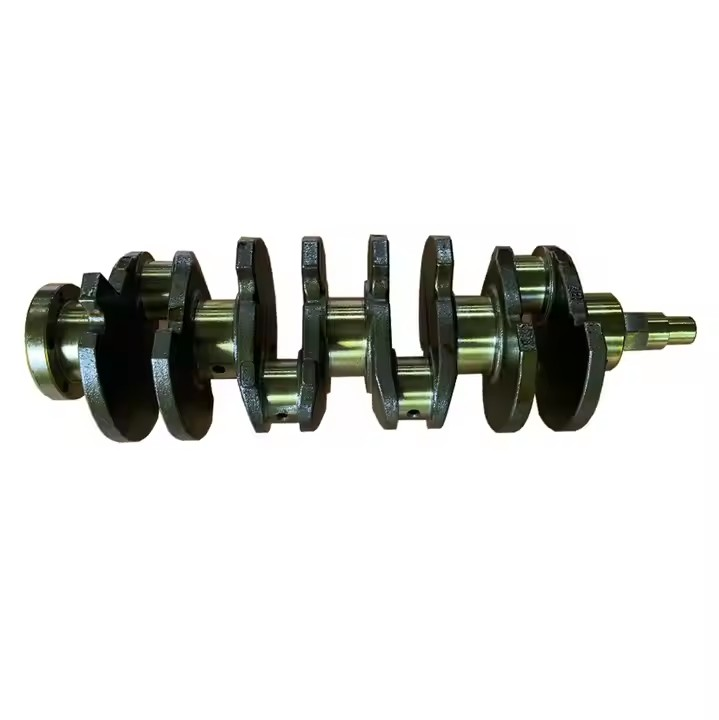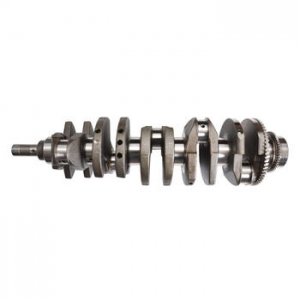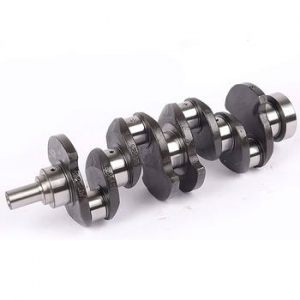First Section: The Basics of Crankshafts
To be honest, the crankshaft is one of the most important components in an engine. Frankly speaking, without it, your car wouldn't run at all. So, what exactly is a crankshaft and why is it so essential?
Subsection 1: Definition and Purpose
A crankshaft is essentially a metal rod that converts the reciprocating motion of the pistons into rotational motion. This rotational motion is then transferred to the wheels, making your vehicle move. In my experience, understanding how the crankshaft works can help you appreciate the complex mechanics of an engine.
Second Section: Common Crankshaft Issues
Now that we know the purpose of a crankshaft, let's discuss some common issues that can arise. Believe it or not, even a small problem with the crankshaft can cause major engine trouble.
Subsection 1: Wear and Tear
Subsection 2: Damage to Bearings
Interestingly enough, one of the most common crankshaft issues involves the bearings. These bearings support the crankshaft and allow it to rotate smoothly. However, if they become damaged or worn, it can cause the crankshaft to wobble or seize up.
Third Section: Maintenance Tips for Crankshafts
Now that we know the potential issues, let's talk about how to keep your crankshaft in good shape. Regular maintenance is absolutely necessary to prevent costly repairs down the line.
Subsection 1: Regular Oil Changes
One of the most important things you can do for your crankshaft is to change your oil regularly. This ensures that the bearings are properly lubricated and reduces the risk of wear and tear.
Subsection 2: Visual Inspections
- It's also a good idea to visually inspect your crankshaft and bearings for any signs of damage or wear.
- If you notice any issues, it's best to have them addressed by a professional as soon as possible.
Fourth Section: Conclusion
In conclusion, the crankshaft is an extremely important component of your engine. By understanding its purpose, common issues, and maintenance tips, you can keep your vehicle running smoothly and prevent costly repairs. So, the next time you're under the hood, take a moment to appreciate this often overlooked but absolutely necessary part.




